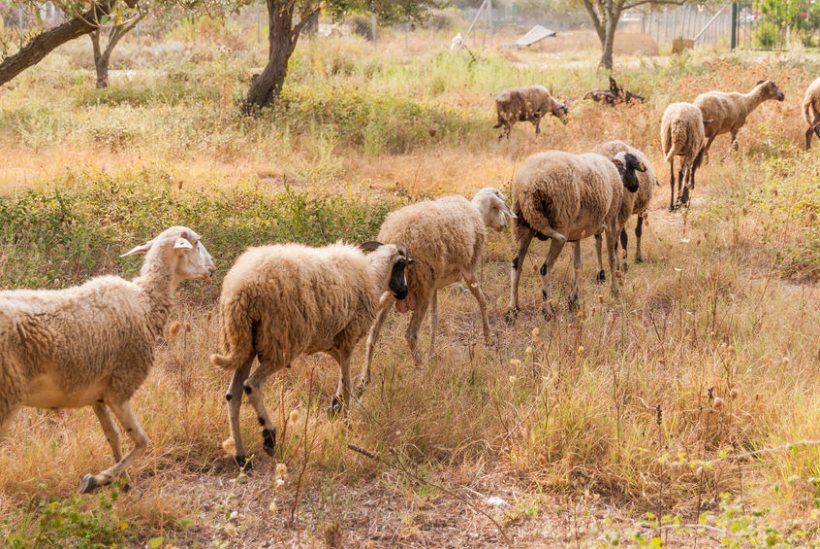
Pinpointing genes relating to variations in milk production could help breed animals resilient to warming conditions, new research has shown.
Groups of genes may enable some sheep to remain productive in hot and cold conditions, according to UK and Greek scientists.
Selecting animals with those genes for breeding could help flocks adapt in the region, they say, which is vulnerable to climate change.
Some Chios sheep in the Mediterranean - whose milk is used to produce feta cheese - are more resilient than others to temperature fluctuations throughout the seasons.
Using data relating to almost 40,000 Chios ewes, researchers created a mathematical model of resilience to fluctuations in climate, based on records of milk productivity, time of lambing and weather throughout the seasons.
Some animals responded better than others to temperature fluctuations in hot or cold conditions, with some hardly being affected by changes, analyses found.
Ewes’ resilience to hot or cold temperatures depended on the season in which they had produced lambs, with animals that had lambed in spring generally responding better to hot conditions.
The scientists say future studies could focus on specific genes associated with resilience to temperature fluctuations in individual animals.
The insight could be used to inform how to optimise breeding selection for this trait, alongside other desirable characteristics such as reproductive potential.
Professor Georgios Banos, from Scotland's Rural College (SRUC) and the Roslin Institute, welcomed the research, which was published in Scientific Reports.
“Our findings have implications for selectively breeding animals with genes that enable resilience to changing climates and for farm management, such as the time of year when ewes are bred," he said.
